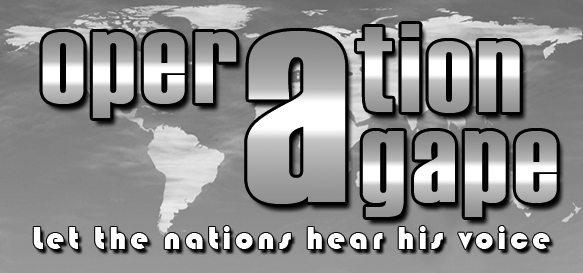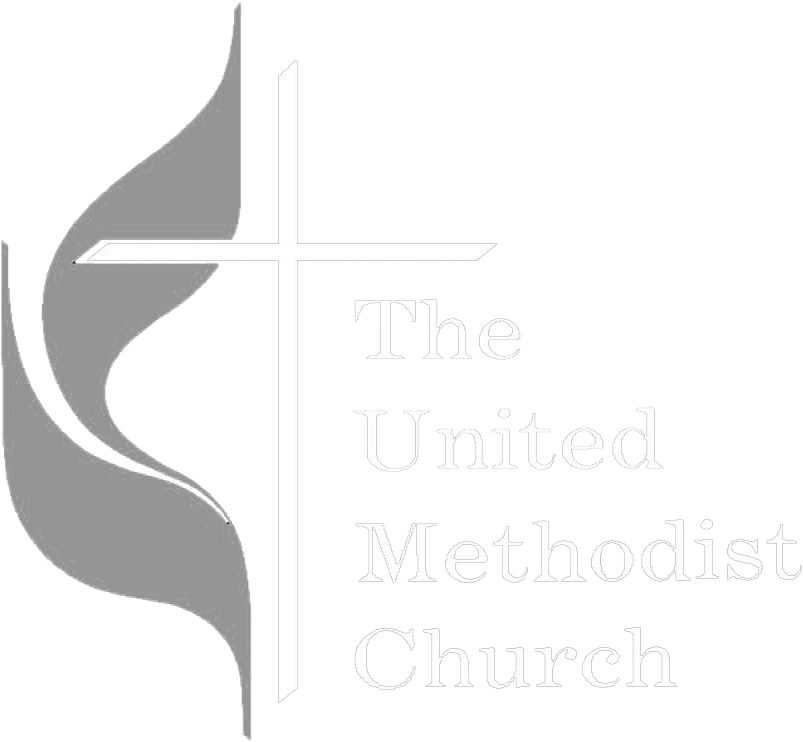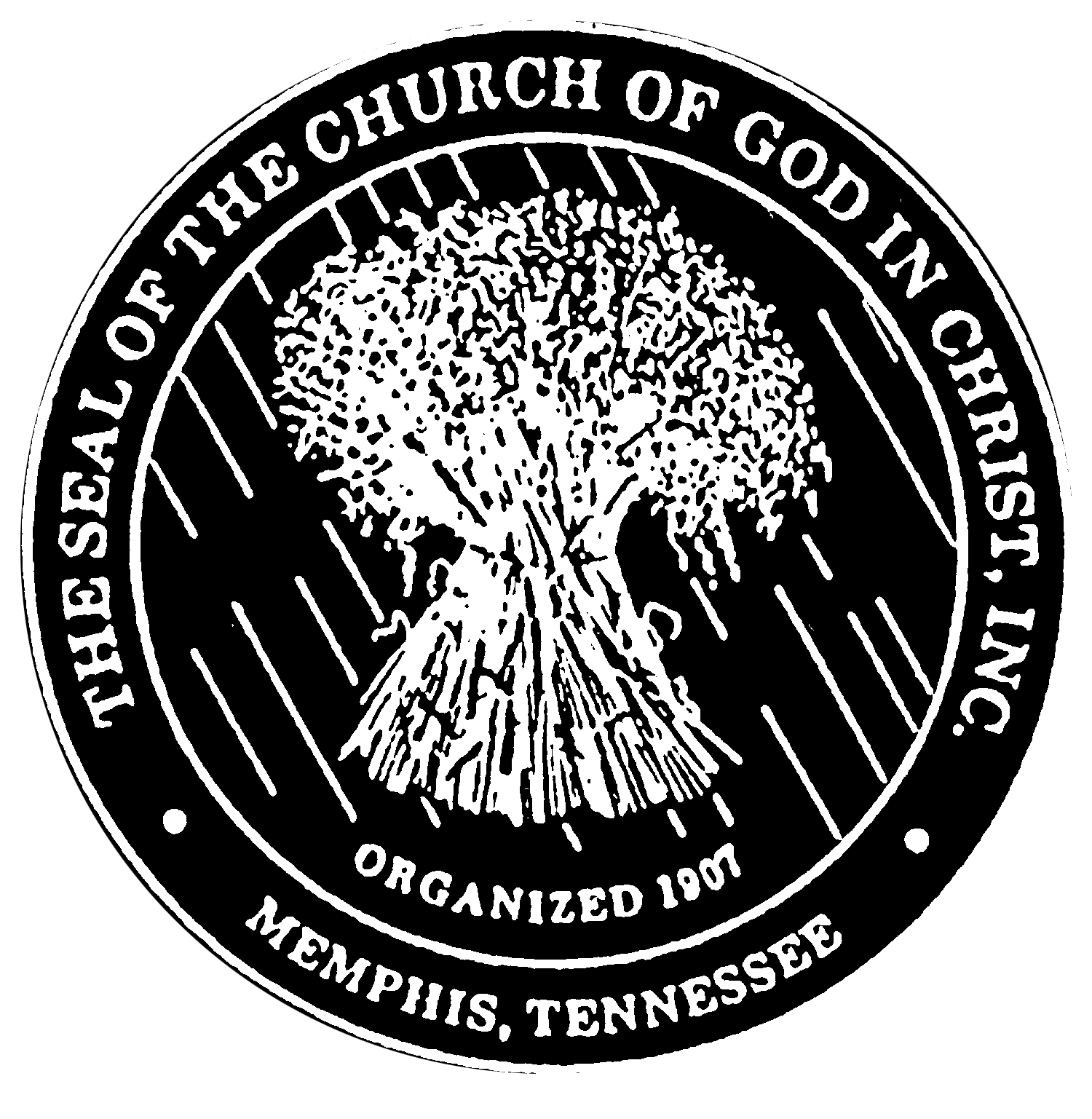Fanning The Fire: Acts Series #15

 Stephen was a remarkable person who became like a fallen star. He brightly burned for God for a short period of time. His death was a disaster to the Church. Stephen was full of the Holy Spirit and had an outstanding ability to handle the Old Testament. Yet, on the outside, it seemed that his speech rendered only negative results. It was the trigger that set off the persecution of all Christians. His public testimony unleashed the anger of a Jew named Saul. Saul tried to extinguish Christianity as quickly as possible.
Stephen was a remarkable person who became like a fallen star. He brightly burned for God for a short period of time. His death was a disaster to the Church. Stephen was full of the Holy Spirit and had an outstanding ability to handle the Old Testament. Yet, on the outside, it seemed that his speech rendered only negative results. It was the trigger that set off the persecution of all Christians. His public testimony unleashed the anger of a Jew named Saul. Saul tried to extinguish Christianity as quickly as possible.
Why was it necessary for Stephen to have such a brief ministry? Why did he have to get himself into a situation that cost him his life? Does it seem pointless to you? At a glance, it appears that tragedy happened to Stephen and the saints. However, the Holy Spirit turns negatives into positives and disasters into miracles. One cannot blockade the Holy Spirit. It is like jumping on a fire and spreading the embers everywhere. Saul jumped on the Church in Jerusalem and scattered the embers all over the world.
The first great missionary movement began with the persecution of Stephen. His death became the catalyst that started the wheels of evangelism turning that have not stopped even until this day.
Tertullian said, “The blood of the martyrs has become the seed of the Church.” Persecution became so intertwined with the preaching of the gospel that martures (witnessing) came to mean martyr. It was natural to expect opposition when one witnessed for Christ.
God turns disasters into miracles for the spreading of the gospel. There are several ways that God turns disasters into miracles for the spreading of the gospel.
I. Our Suffering For The Savior Produces
Fresh Conviction In The Lost (vv. 1-3)
 Today, the term “persecution” seems strange to the ears. Oftentimes the Church is patronized. To the extent that the Church adequately represents the Lord, it will encounter the hostility of the unbelieving elements in its city. The central figure in this persecution was Saul. He came from the tribe of Benjamin. No doubt, he was named after King Saul in the Old Testament. This persecution resulted in:
Today, the term “persecution” seems strange to the ears. Oftentimes the Church is patronized. To the extent that the Church adequately represents the Lord, it will encounter the hostility of the unbelieving elements in its city. The central figure in this persecution was Saul. He came from the tribe of Benjamin. No doubt, he was named after King Saul in the Old Testament. This persecution resulted in:
Physical Death Realized (v.1a)
“And Saul was consenting unto his death,” is a P. S. to chapter seven. Religion blinded Saul’s eyes. Saul was too refined to stand there throwing stones, but not too refined to hold the coats of those who did. Religion without the Holy Spirit is the cruelest force in the world. Saul was a brilliant individual. He was zealous toward Judaism. “Death” means destruction. Stephen did not just die. He was destroyed.
Powerful Dispersion Results (v.1b-d)
“And at that time there was a great persecution against the at Jerusalem; and they were all scattered abroad throughout Judea and Samaria, except the Apostles.”
The exactness of it (v.1b)
It has often been said, “The light that shines the furthest away shines the brightest at home.” The Pentecostal church in Jerusalem was in the blaze and glow of revival fire. Therefore, if one was going to try to smother a fire, the place would be Jerusalem.
The extent of it (v.1c)
The persecution resulted in the people being driven out of the city. “Scattered abroad throughout the regions of Judea and Samaria,” becomes a bridge in the story of world evangelization. Jesus had told his disciples that their ministry would go to Judea and Samaria. The Church was forced to leave Jerusalem and fulfill the Great Commission. Persecution does to the Church what wind does to seed. It scatters it and produces a greater harvest. The word transated “scattered”, diaspeiro, means “to scatter seed.” The believers in Jerusalem were God’s seed and the persecution was to plant them in new soil around the world.
The exception to it (v.1d)
The Apostles remained behind. They were courageous men. They were believers who needed to be nurtured and lost who needed to be saved. They felt that the post of danger was the post of duty. Let us remember that during times of persecution some will be forced to flee, and others will be forced to fight.
Personal Disappointment Remains (v.2)
“And devout men carried Stephen to his burial and made great lamentation over him.”
The church had lost a champion. No doubt, if Stephen had lived, he would have taken the place of Saul. During times of great persecution, Christians will experience personal loss and painful lamentation. There are those days when the believer will have his heart trampled on by wickedness of the world. You must remember that there is purpose in all of persecution. God is building a door for you to walk through for the winning of the lost.
Painful Detainment Ruptures (v.3)
 “As for Saul, he made havoc of the church, entering into every house, and hailing men and women committed them to prison.”
“As for Saul, he made havoc of the church, entering into every house, and hailing men and women committed them to prison.”
Saul went into every house and down every block. He was hunting down Christians and throwing them in prison. He had full authority of Jewish leaders (Acts 26:9-11) to try to extinguish Christianity.
Picture a small family in prayer and reading the Scriptures about Jesus. Suddenly, their communion with Christ becomes a cross for Christ. Soldiers break down their door and take them to prison. Saul is like a wild boar. Literally, “made havoc” means that Saul used brutal and sadistic cruelty. Saul was like an animal tearing a body apart. He came after men and women like a wild beast. He would make Christians renounce their faith in Jesus Christ. Furthermore, Saul hauled people out of their houses. The same word for “hailing” is used when Peter caught a large catch of fish and dragged them into the boat (John 21:8). Saul caught people serving Christ and dragged them to prison.
Nevertheless, the reason Saul is working so hard against the Church is because he is under conviction. His whole theology has been shaken. He is disturbed mentally, emotionally, morally, and spiritually because of Stephen’s death. He sees the calmness of disciples when they experience persecution. He knows that they have something, he does not possess in his life. Saul had Old Testament scholarship about the corning Messiah, but not a New Testament relationship with Christ.
This man Saul was the number one Church protagonist. However, he was also the number one prospect for salvation. Later, he went from being a persecutor to being a preacher. Please remember, those who usually fight the work of God the hardest are the ones who are feeling the pinch of the Holy Spirit in their souls the most.
For the first time in 87 years, Mariya Finikov is going to celebrate Christmas. “I finally know what it all means,” said the frail widow, clutching a friend’s hand. In her quivering hand and those of her elderly friends are new Russian Bibles, courtesy of U.S. missionaries. Young preachers are sweeping across the Soviet Union, passing out 4 million Russian Bibles. New churches and Bible studies are starting in communist meeting halls. And pictures of Jesus, once banned from public view, are appearing everywhere.
Each Sunday, Finikov sits next to former Communist Party officials worshipping inside Moscow’s vast Oktyabr Theatre once home of the Supreme Soviet where communist hard-liners made a last-ditch attempt to support the August 19,1991 coup against President Mikhail Gorbachev. Some sit two to a seat. Dozens more stand in the aisles. When an invitation is given to be water-baptized, dozens of hands shoot up.
The response has been so great that many evangelists are calling it “the greatest harvest of the 20th century.” Soviet officials are even allowing communist presses to print Bibles, the military to unload them and the police to keep order during their distribution.
For more than seven decades the Communist Party leaders said that parents had the responsibility to teach atheism to their children.
Bill Bright, president, and founder of Campus Crusade for Christ, said, “It’s amazing to think that only a few years ago showing an evangelistic film on the life of Jesus in the Soviet Union could have resulted in imprisonment.” But today, The Russian Ministry of Education officials have asked his group to show the educational film JESUS in Russia’s 65,000 schools and teach 2000 Russian teachers about the life of Christ. While shaking a Bible in front of her face, Finikov sums it up, “I have waited all my life to get one of these. I know what life is like without Jesus. I wasted too much of my life on atheism.”(U.S. TODAY, Fall, 1991, Jack Kelly)
II. Our Spreading The Saints Provides
Further Connection With The Lost (v.4)
 “Therefore, they that were scattered abroad went everywhere preaching the word.”
“Therefore, they that were scattered abroad went everywhere preaching the word.”
We must carry a Personal Burden
This was a great dispersion. They were uprooted where they live and moved to someplace else. They knew the price required to faithfully serve Jesus Christ. Homes were broken up. Friendships were lost. It took a personal commitment to Christ to keep serving God. One cannot faithfully serve God on secondhand revelation. He must learn to stand on the rock of Ages. You may shake on the rock, but the rock will not shake under you.
We will receive a Providential Blessing
The enemy intended this persecution for evil. God turned it into a miracle for missions. The enemy tried to smother the fire. God used it to spread the fire around the world. Christians have a tendency to bunch up. Persecution broke up their small groups. Persecution is like a tea bag. It is not worth much until it has been through hot water.
They went “preaching” the Word. Preaching was the natural response to persecution. Everyone was a preacher. If it takes persecution to get the Church into the world, then we should pray for persecution. “Preaching” comes from euaggelizo which meant to preach the good news. It carries the idea of one-on-one conversation. They went about gossiping the gospel. We are to be busy confronting the world with the claims of Christ by which men’s hearts can be cleansed.
Persecution tends to promote the very thing it was designed to destroy. All Christians are to preach the gospel. As we shall see, Philip becomes the example for believers in the spreading of the gospel.
Five young college students before their ordination spent a Sunday in London and were anxious to hear some will-known preacher rather than their own. They found their way on a very warm Sunday to Spurgeon’s Tabernacle. While waiting for the doors to open, a stranger came up to them and said, “Gentlemen, would you like to see the heating apparatus of the church? Well, they were not particularly anxious to do so on a broiling hot day in July, but they consented.
They were taken down some steps and the door was thrown open and their whispered, “There sirs, is our heating apparatus.” They saw 700 people bowed in earnest prayer seeking God’s blessing on the service which was about held in the Tabernacle. Their unknown guide was Spurgeon himself.
When the Church is on fire there is nothing that can stop it. We are to be the heating apparatus for each service that is conducted. Then the fire is to be carried to the world.
III. Our Sharing The Scriptures Promises
Faithful Conversions (vv.5-8)
 “Then Philip went down to the city of Samaria, and preached Christ unto them. And the people with one accord gave heed unto those things which Philip spake, hearing and seeing the miracles which he did. For unclean spirits, crying with loud voice, came out of many that were possessed with them: and many taken with palsies, and that were lame, were healed.”
“Then Philip went down to the city of Samaria, and preached Christ unto them. And the people with one accord gave heed unto those things which Philip spake, hearing and seeing the miracles which he did. For unclean spirits, crying with loud voice, came out of many that were possessed with them: and many taken with palsies, and that were lame, were healed.”
Philip becomes the example of the kind of ministry and message we are to have in this world. The Word of God zeros in on one man to show what it means to go about sharing Christ. We are to have a:
Our Spirit-led witness to the lost (v.5a)
Philip did not go to a happy place. He went to a hard place. Samaritans were half-breeds and not well liked by the Jews. Philip was willing to go anywhere to tell anybody about Jesus Christ. We are to go to the least, the last, and the lost in order to win them to Christ.
Our Scriptural work for the Lord (v.5b)
Philip preached Christ unto them. “Preached” kerysso is different from the word “preaching” in verse four. Kerysso means to make a public proclamation as a herald. If a king had an announcement to make to his people, he would send out a herald to proclaim it. In other words, Philip herald the gospel for his king to the people of Samaria.
Philip preached the Kingdom of God in the name of the Lord Jesus Christ. He did not build his ministry on his personality, but on the person of Christ. The faith of the people did not rest on the miracles, but on the message. If individuals are won through sensationalism, them it will take sensationalism to keep them. We are not called to electrify crowds but exalt Christ. Preaching Christ is the only message that can put homes back together, purify young people of a city, make drunkards sober, and make harlots pure again.
Today, we want instantaneous success. However, there is usually a sowing time before there is reaping time. For example, Jesus went down to Samaria years earlier (John 4:35-37). The woman of Samaria had gone into her city. She came back with multitudes to hear Jesus. Jesus said to his disciples, “The fields are already white unto harvest.” Philip had success in Samaria because Jesus had already done sowing over there and they were looking for the Messiah to come.
Our Supernatural Wonders in our Labors (vv.6-8)
People will heed the gospel (v.6)
When we preach the Bible, the Bible way, the Holy Spirit will convict the lost of their sin. There was great conviction because Philip preached glorious Christ. The reason the Church in America is losing ground to the enemy of men’s souls is due to the preacher and parishioner not clearly presenting the Word of God.
People will be healed by God (vv.7-8)
Spiritually (v.7a)
Philip’s ministry was more powerful than the power of demonic spirits. There is authority in the name of Jesus. Can you hear the demons as they shriek while coming out of people? We are to lose people through the authority in the name of Jesus. God desires to heal people spiritually.
Physically (v.7b)
There are those who say that the day of miracles is over. If that is true, then God is dead. The Church serves a miracle working God. I am not saying that it is always God’s will to heal everyone every time. The Lord desires to perform healings to confirm the preaching of the Word. This preaching, as we saw earlier, can be a one-on-one conversation or the public proclamation of the gospel. The Christian can expect God to honor His Word by confirming it.
Emotionally (v.8)
This was no small revival. There was great joy throughout the city. People went to their homes harvested, healed, and happy. There was joy found in Jesus and wonders following the Word. Philip had no special talents. He simply preached an uncompromising message of Christ and the Holy Spirit descended to bring conviction, conversion, and confirmation.
It is difficult to find beauty in death. This is especially true in Auschwitz where 4 million Jews died there in World War II. A half-ton of human hair is still preserved. The showers that sprayed poison gas still stand.
In February 1941, Kolbe was incarcerated at Auschwitz. He was a Franciscan priest. In the harshness of the slaughterhouse, he maintained the gentleness of Christ. He shared his food. He gave up his bunk. He prayed for his captors. He was soon given the nickname “Saint of Auschwitz.”
 In July of that same year there was an escape from prison. It was the custom at Auschwtz to kill ten prisoners for everyone who escaped. All the prisoners would be gathered in the courtyard and the commandant would randomly select ten names from the roll book. These victims would receive no food or water until they died.
In July of that same year there was an escape from prison. It was the custom at Auschwtz to kill ten prisoners for everyone who escaped. All the prisoners would be gathered in the courtyard and the commandant would randomly select ten names from the roll book. These victims would receive no food or water until they died.
The commandant begins calling the names. At each selection, another prisoner steps forward to fill the sinister quota. The tenth name he calls is Gajowniczek. As the SS officers check the numbers of the condemned, one of the condemned begins to sob, “My wife and my children.”
The officers turn as they hear movement among the prisoners. The guards raise their rifles. The dogs tense, anticipating a command to attack. A prisoner has left his row and is pushing his way to the front.
It is Kolbe. No fear on his face. No hesitancy in his step. The capo shouts at him to stop or be shot. “I want to talk to the commander, “he says calmly. For some reason the officer doesn’t club or kill him. Kolbe stops a few paces from the commandant, removes his hat and looks the German officer in the eye.
“Herr Kommandant, I wish to make a request, please.” That no one shot him is a miracle.
“I want to die in the place of this prisoner.” He points at the sobbing Gajowniczek. The audacious request is presented without stammer.
“I have no wife and children. Besides, I am old and not good for anything. He’s in better condition.” Kolbe knew well the Nazi mentality.
“Who are you?” the officer asks. “A Catholic priest.”
The block is stunned. The commandant, uncharacteristically speechless. After a moment, he barks, “Request granted.”
Prisoners were never allowed to speak.
The Saint of Auschwitz outlived the other nine. In fact, he did not die of thirst or starvation. He died only after the camp doctor injected phenol into his heart. It was August 14, 1941.
Gajowniczek survived the Holocaust. He made his way to his hometown. Every year, however, he goes back to Auschwitz on August 14 to say thank you to the man who dies in his place.
Can something good come out of death? Can anything positive come out of persecution? I say yes; and again, I say yes. Our salvation came out of the death of Christ. The gospel has been spread because of persecution.
The fire that fell on the Day of Pentecost has spread throughout the world. The wind of the Spirit continues to keep the embers glowingly hot. It is interesting that the tragedy of Stephen produced the transformation of Saul and that the persecution of the saints provided for a further proclamation of the Scriptures. Trying to stop the Church of Christ is like holding up a shield in the defense of an on-corning nuclear missile. The Church is invincible, and the Holy Spirit is irresistible.
God turns tragedies into miracles for the spreading of the gospel. This is accomplished when suffering for the Savior produces fresh conviction, spreading of the saints provides further connection, and sharing the scriptures promises faithful conversions.




























